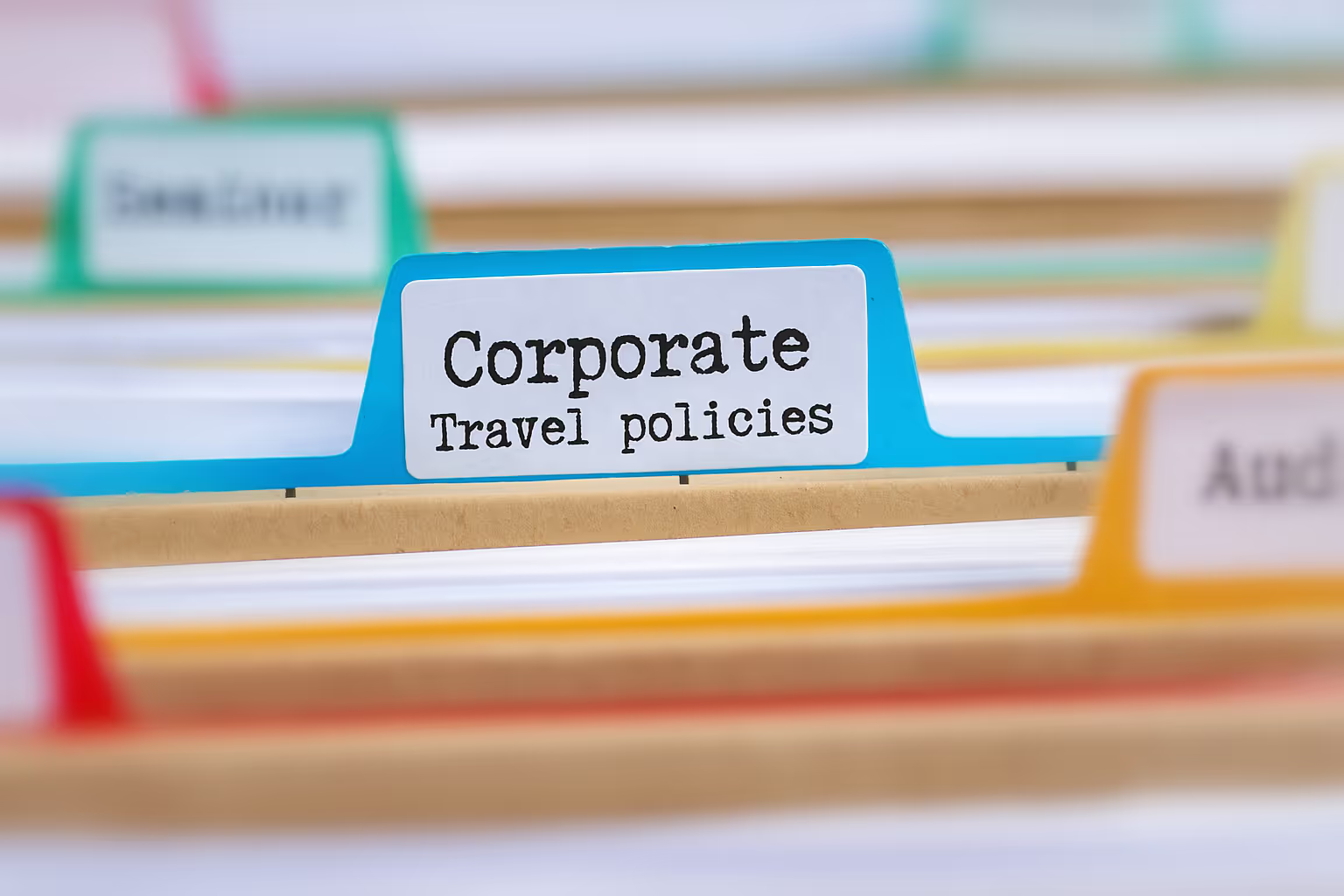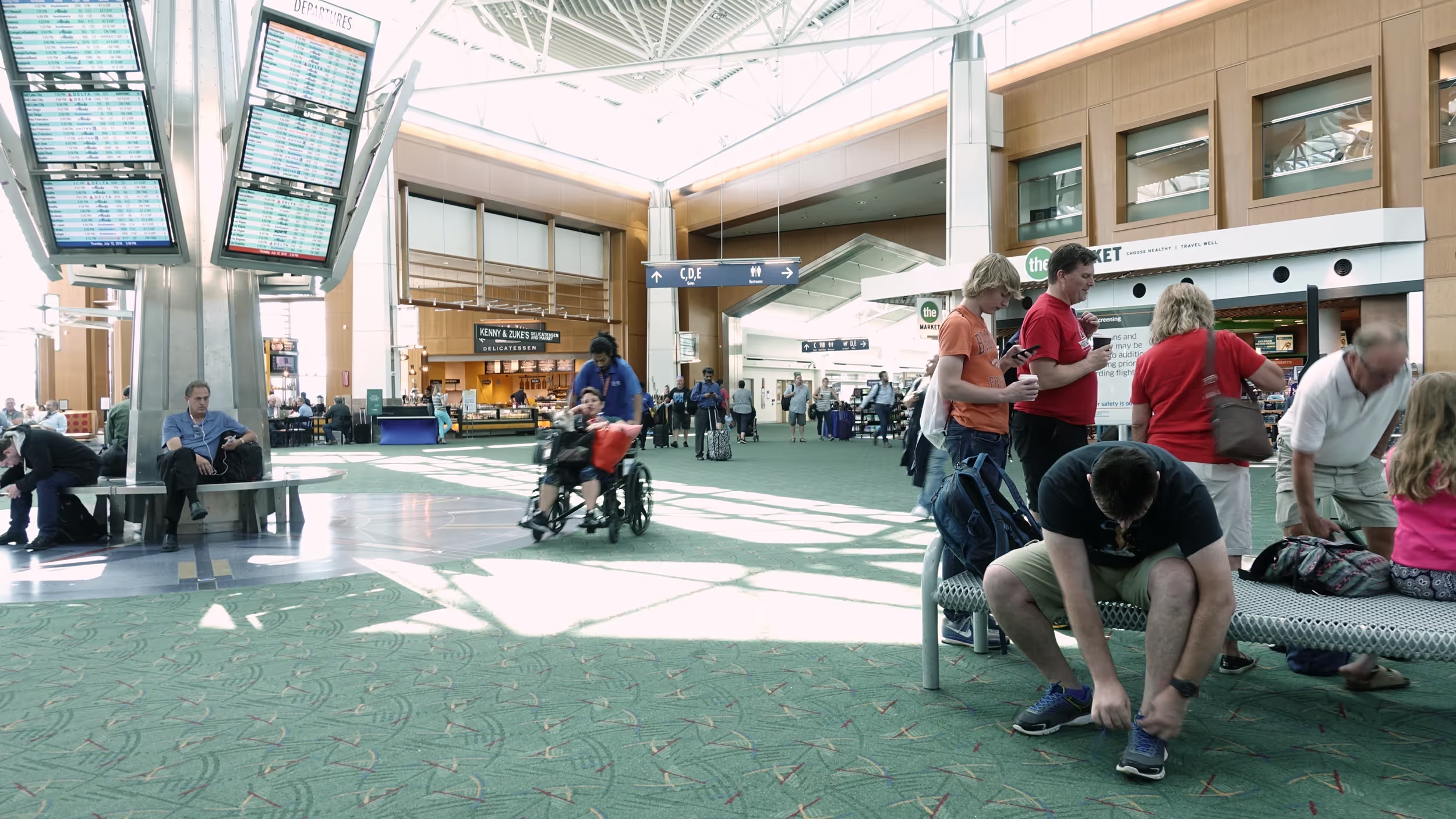A guide to IRS Travel Nurse Stipend Rules

Travel nursing jobs are stressful for a lot of reasons. One of the biggest? Trying to figure out the tax implications of your pay and housing stipends.
If you’re working away from home, understanding the IRS stipend rules for travel nurses will help you keep more money in your pocket and avoid tax headaches later.
This guide breaks down what a tax home is, why it matters, and how to keep your stipends tax-free.
What are the IRS tax home rules for nurses?
If you’re a travel nurse, your tax home is the anchor that helps determine whether your housing and meal stipends count as tax-free income or taxable pay.
The IRS defines a tax home as the main place you earn income—not necessarily where you sleep at night. The tax home for many travel nurses is their permanent residence. But that’s not always the case.
Key requirements for establishing a tax home
Not everyone qualifies for tax-free stipends. Here are the requirements you need to show the IRS to demonstrate you have a tax home elsewhere.
Keep a permanent residence
You need a place that’s your primary residence—usually where you live when you’re not on assignment. It could be your own house or an apartment you rent year-round. Many nurses keep an apartment back home where they pay rent or a mortgage, even while working across the country.
Show duplicate living costs
You should show that you're paying living expenses both at home and at your work location. If you pay rent on your primary home and also rent short-term housing near your assignment, those are duplicate expenses.
Maintain local ties
Keep ties to your home community—things like a local driver’s license, voter registration, or a permanent mailing address. These prove that your “real” home is somewhere else.
Limit time in one location
If you stay too long in one place, the IRS might decide you’ve made it your new tax home. A good tip: Avoid staying in one city for more than 12 months.
Why having a tax home matters
When you have a valid tax home, your stipends for housing, meals, and other costs can be tax-free. This lowers your taxable income, which means you’ll pay less in taxes overall.
Without a tax home, your entire paycheck, including stipends, is considered taxable income. That usually leads to higher taxes. If you don’t pay the right amount, you could wind up owing back taxes and penalties if the IRS audits you.
Common scenarios and special considerations
Every travel nurse’s situation is a little different. Here are a few real-life situations to know about and how they could affect whether your stipends are eligible to be tax-free.
Using a parent’s home as your tax home
Using your parents' house as your tax home is possible if you contribute to its upkeep (for example, paying part of the mortgage or utilities) and return there between assignments.
Understanding the 50-mile rule
There’s a common myth that you must work at least 50 miles away from home to get tax-free stipends. The IRS doesn’t actually list a mileage rule, but many agencies use 50 miles as a safe minimum for travel nurse housing.
Local travel nurse assignments
If you take an assignment close to home and don’t pay duplicate living expenses, any housing costs reimbursed through your stipend might not qualify as tax-free and could count as taxable income instead.
Lack of a permanent residence
You may lose your tax home status if you sell your house or don’t keep a lease. In that case, the IRS may treat all stipends as taxable income.
Guidelines on how to keep travel nurse stipends tax-free
Keeping your stipends tax-free takes a bit of planning and good recordkeeping. Here are some smart steps you can follow.
1. Maintain documentation
Keep clear records—leases, receipts, utility bills—that show you’re paying for a main home plus a second place near your work. This paperwork is crucial if you ever face an audit.
2. Return home periodically
Plan to spend time at your permanent residence when you’re off assignment. Even a quick trip back shows you still live there.
3. Consult a tax professional
Tax rules for travel nursing can be tricky. It’s worth speaking with a tax professional who understands travel nurse taxes to make sure all your bases are covered. They can help you claim the correct tax deductions, report reimbursements properly, and avoid surprises at tax time.
Streamline your bookings as a travel nurse with Engine
Finding the right housing is one of the trickiest parts of travel nursing. But Engine makes it easy.
Engine is an online booking tool that can help travel nurses find short-term stays at trusted hotels and extended-stay properties. You could save up to 60% per night and even earn hotel loyalty points for future trips.
Need to book a longer stay or group trip with other nurses? Engine’s team can handle it for you at no extra cost. Employers and staffing agencies can also simplify billing by setting budgets, using direct invoicing, and letting nurses choose from vetted lodging options.
Sign up for your free Engine account today and get access to lower rates, trusted stays, and support for every assignment.
FAQs
Do travel nurse stipends cover housing on the days nurses don’t work?
Usually, yes—your stipend covers your housing for every day you’re under contract, not just workdays. Your rent or hotel bill is still covered if you’re off for a weekend or a few days between shifts. But if you take unpaid leave or skip scheduled shifts, your agency may reduce your stipend for the days you’re not paid. Always check your contract for details, and talk with your recruiter to avoid surprises.
What happens if I extend a contract past 12 months?
Staying in the same location for over 12 months can create tax problems. If you work in the same city for over a year, the IRS may see that place as your new tax home, which means your stipends could become taxable income, which often leads to unexpected taxes owed when you file. If you need to extend your contract past a year, talk with your agency and tax professional first to understand how it might affect your tax home status and take-home pay.
Do I file taxes in every state I work in?
Usually, yes. Most states require you to file a non-resident tax return if you earned income while working there, even if it was only for a few weeks or months. This means you could have to file multiple state tax returns in addition to your federal taxes. Keeping clear records of where you worked and how long you were there will make tax season smoother. A tax professional who understands travel nursing can help you file correctly and find tax-deductible items, so you don’t pay more than you should.




.jpg)









.avif)




.avif)






.jpg)






.avif)









